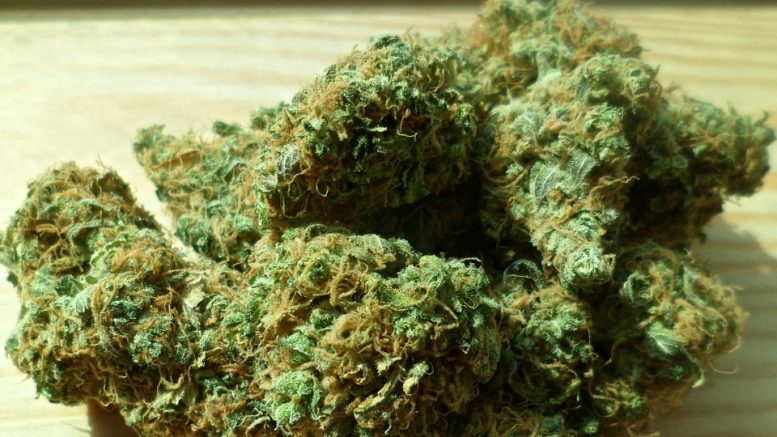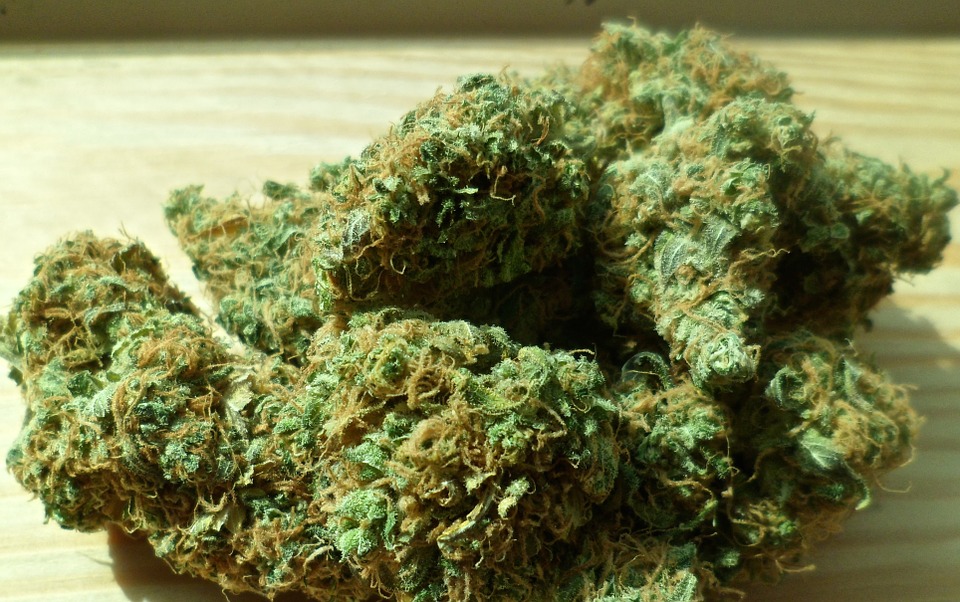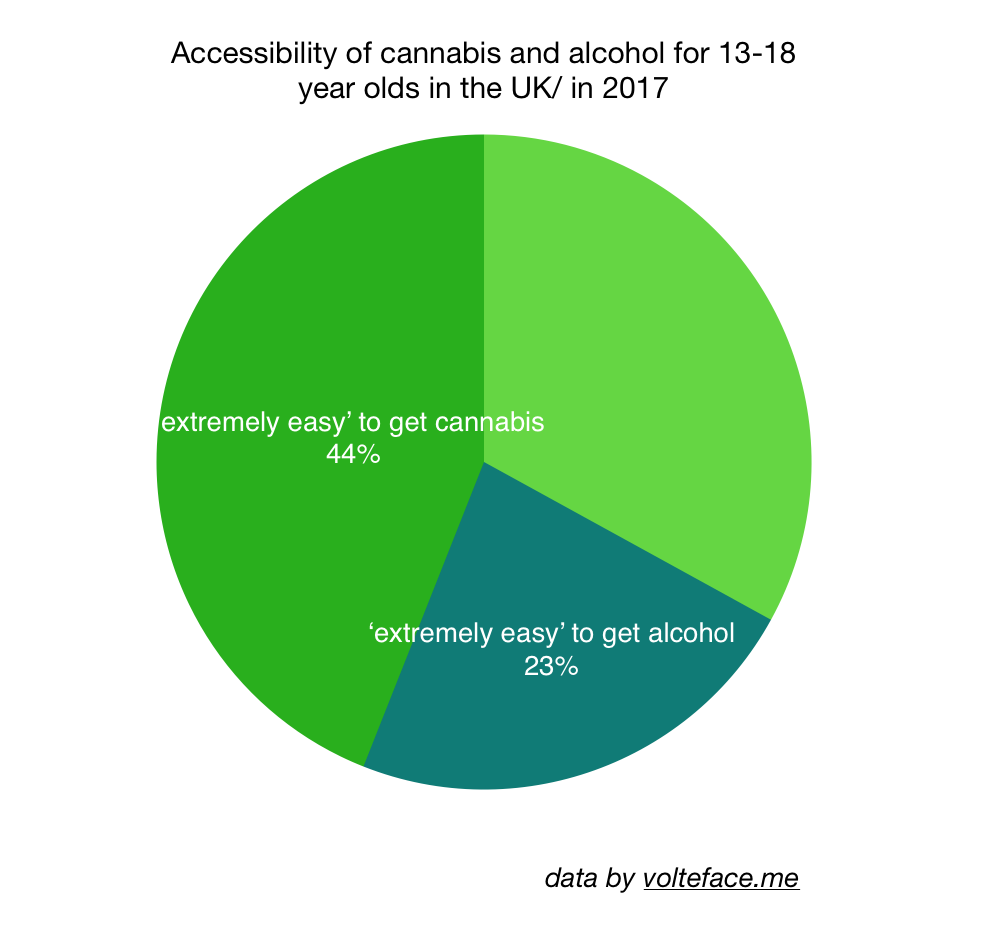Research may have just found one more reason for the legalisation of cannabis. Neil Woods explains the dangers of UK’s street cannabis and why high levels of THC are – not only the reason for some consumers’ mental health problems, but – a result of the drug’s illegality.
On one extreme, you get those who say cannabis is so safe, there is no reason not to legalise it. Yet others claim it is more dangerous than most people make it out to be. A study released last month by Volteface adds crucial evidence to that debate.
Not only does it show that what causes cannabis smokers to suffer from psychosis or other mental health problems is the extreme imbalance between the drug’s two main components THC and CBD, but that the level of THC in the cannabis we can buy on UK’s streets has gone up exponentially over the past year.
Neil Woods, who was an undercover cop fighting the sale and distribution of drugs on UK’s streets for 14 years and who is now the chairman of the drug reform campaign group LEAP UK (Law Enforcement Against Prohibition), explains the details of the study; and why dangerously high levels of THC are a result of the drug being in the hands of organised crime.
The reason why street cannabis has virtually no CBD in it, is that “it is the most cost-effective thing for organised crime to do,” Woods explains.
“The iron rule of prohibition is that the strongest drugs produced are the most cost-effective.”
Organisations such as Volteface and LEAP UK believe that the only way to win the war on drugs is to regulate them; tackling the power of organised crime and assuring a safer way of using drugs. And the new evidence does indeed support the idea that we could counteract the increasing mental health issues of those misusing the drug if we were in control of its composition.
Young people access cannabis more easily than alcohol
The report by Volteface also reveals that young people find it far easier to access weed than alcohol. “Over half of young people in the UK have access to cannabis,” Woods adds.
According to a national survey conducted this year, 44% of questioned 13-to-18-year-olds said it was ‘extremely easy’ for them to get hold of cannabis for free, or to find a friend or drug dealer who would sell it to them. Only 23% of the questioned teenagers said the same was the case for alcohol.
The same survey shows that young people are aware of the quality and type of the weed they were buying. But, even though they knew that it contained a lot of THC and that it wasn’t the safest, they confirmed it was the only type of cannabis they could buy.
The case against legalisation
Neil Woods’ stance is, of course, a debatable one. We should not overlook those who believe that being unhappy with the drug abuse in our society is no reason to make it legal.
“In fact, the best evidence we have shows that legalisation would make a bad drug problem much worse – by increasing addiction, normalising use among kids, and relegating its sale to profit-hungry corporations or governments with every incentive to increase addiction to advance their bottom line,” Kevin Sabet, the author of ‘Reefer Sanity: Seven Great Myths About Marijuana’, told the Independent in 2013.
He believes that the legalisation of cannabis simply “is a very sloppy way to address the unintended consequences of current policy.”
Why is the UK so hesitant to reform drug policies?
In April 2017, Canada announced that the recreational use of marijuana would be permitted throughout the country by July 2018. With this, it follows the US states Colorado and Washington State, as well as the Netherlands and Portugal, all of which have seen remarkable improvements in reducing the misuse of cannabis.
“I am completely certain that the evidence [coming from Canada] will show that young people’s access to Cannabis has been reduced, a healthier product is being produced through the regulation, and it will show that the value that exists within the realm of organised crime has been reduced,” Woods comments.
Watch his stance on why the UK is hesitant to reform drug policies and why law enforcement is one of the leading players campaigning for reform:
Even in UK politics, we have seen an increasing number of voices calling for drug reform since the last election – with cannabis at the heart of the debate.
The Liberal Democrats explicitly denounced the “war on drugs [as] a catastrophic failure” claiming that “our current approach to drugs helps nobody except criminal gangs.” Both the Conservative and the Labour parties have started to advocate a reduced criminalisation of drug users. To date, being in possession of the Class B drug could still earn the holder a five-year prison sentence and an unlimited fine.
You can find each party’s stance on drug regulation and reform here.
Words: Lotta Behrens | Subbing: Silvia Tadiello



